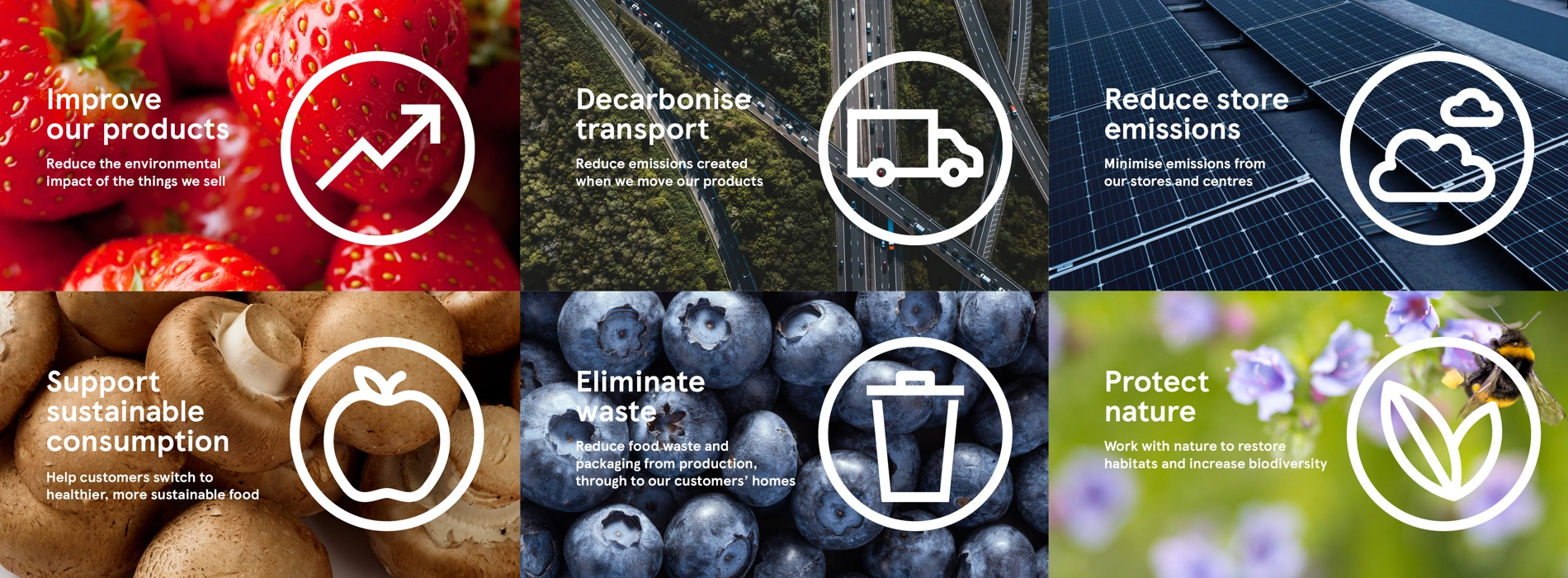Tesco has outlined a plan for emissions reduction across its own operations and value chain as it becomes one of the first retailers globally to have its net-zero science-based targets validated by the Science Based Targets Initiative (SBTi).
Tesco’s targets include stretching interim commitments to reduce absolute Scope 1 and 2 emissions from its own operations by 85 per cent by 2030 from a 2015 baseline year, absolute Scope 3 emissions from energy and industrial sources by 55 per cent by 2032 from a 2019 baseline year, and absolute Scope 3 emissions from FLAG (forest, land and agriculture) emissions by 39 per cent by 2032 from a 2019 baseline year.
The targets will see Tesco work towards its commitment to become carbon neutral across its own operations by 2035, and value chain by 2050, in line with the Paris Agreement’s aim of limiting global temperature rise to 1.5C.
Ken Murphy, Tesco group chief executive said: “With the effects of climate change now upon us, we’re absolutely committed to achieving our target of net zero by 2050. It will require us to transform the way we run our business, from how we produce our products in partnership with our suppliers, how we run our stores and transport network, and how we encourage our customers to make healthy and sustainable choices.”
Key progress to date across the Tesco Group date has included adopting 100 per cent renewable electricity, achieving an absolute emissions reduction in its own operations of 55 per cent against a 2015 baseline, decarbonising its home delivery fleet so that all home delivery vans will be fully electric by 2030 and introducing the UK's first commercial electric HGVs in 2021.
Tesco has also issued more than £1bn in sustainability-linked bonds, linked to achievement of its Scope 1 and 2 emission reduction targets.
Latest News
-
Law firm links up with charity to support workers with epilepsy
-
Kia UK partners with The Children’s Society
-
Zurich commits £3.1m to charities
-
Pets at Home’s charitable arm helps assistance dogs charity to expand
-
Motorway services firm to fundraise for air ambulances
-
Airport hands local charities and groups £100,000 over last year
© 2019 Perspective Publishing Privacy & Cookies







Recent Stories